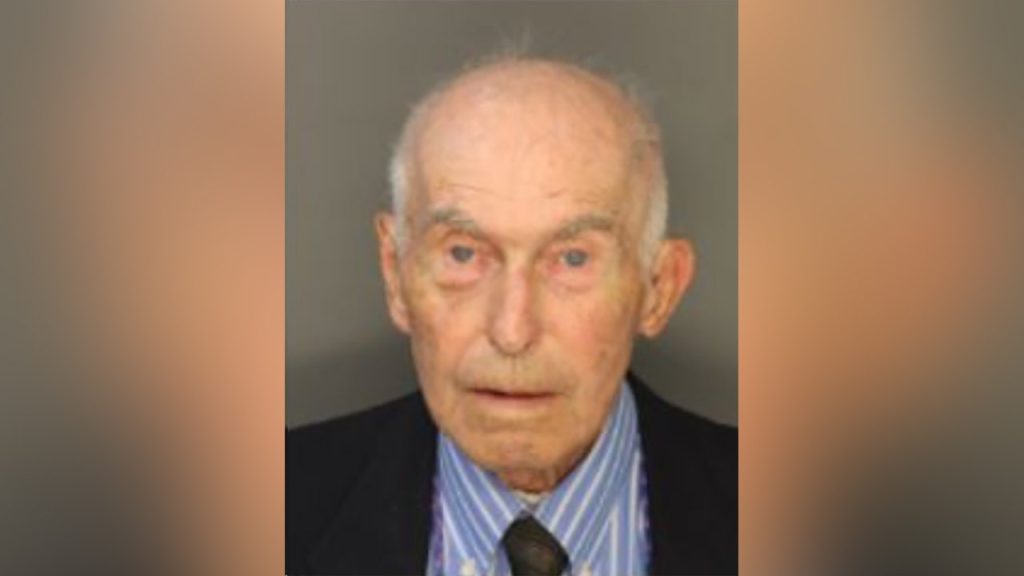A former doctor from Arizona, Stephen Miller, pleaded guilty to second-degree manslaughter after allegedly helping a woman commit suicide in a New York motel room. Miller agreed to a plea deal that includes five years of probation. He traveled to Kingston, New York, to be with the woman at the time of her death and was charged after her body was discovered by housekeeping staff in November 2023. Miller’s attorney explained that the woman had reached out to Miller because of his work with the advocacy group Choice and Dignity, seeking comfort and “very slight technical assistance” due to her debilitating pain. Miller lost his medical license after a previous conviction for tax fraud in Texas.
Miller appeared in court, where he admitted to being guilty of second-degree manslaughter. He had initially pleaded not guilty to the charge, which was based on a New York law that allows individuals to be charged if they intentionally cause or aid in another person’s suicide. The judge questioned Miller about his guilty plea, to which Miller responded affirmatively, agreeing that he had violated the law while maintaining that morally he did nothing wrong. Despite his admission of guilt in court, Miller declined to speak with reporters after his appearance.
Efforts to legalize medical aid for dying have been underway in various states, but such legislation has stalled in New York’s state legislature. Several states do allow for medical assistance in dying, offering those with terminal illnesses the option to end their suffering. Miller’s case highlights the ethical and legal complexities surrounding end-of-life decisions and the potential consequences for individuals who choose to assist in a loved one’s suicide. His plea deal and subsequent probation mark the conclusion of a legal saga that began with his arrest earlier in the year for his role in the woman’s death.
Miller’s attorney, Jeffrey Lichtman, stated that Miller provided support and minimal assistance to the woman who could not bear her chronic pain any longer. The woman’s decision to end her life led to the manslaughter charge against Miller, who acknowledged his technical violation of the law by pleading guilty. Miller’s previous conviction for tax fraud in Texas further complicated his legal standing, leading to the loss of his medical license. The case has sparked debate over assisted suicide and the limits of moral responsibility in such situations.
The outcome of Miller’s case sheds light on the challenges and controversies surrounding end-of-life care and medical aid in dying. Given the legal and ethical considerations involved, the debate over assisted suicide continues to evolve as more states grapple with legislation on the matter. Miller’s guilty plea and probation highlight the consequences that individuals may face for their involvement in assisted suicide, even as they grapple with complex personal and moral dilemmas. The lingering questions surrounding end-of-life decisions and medical aid in dying underscore the need for further dialogue and examination of these issues in the legal and healthcare communities.


